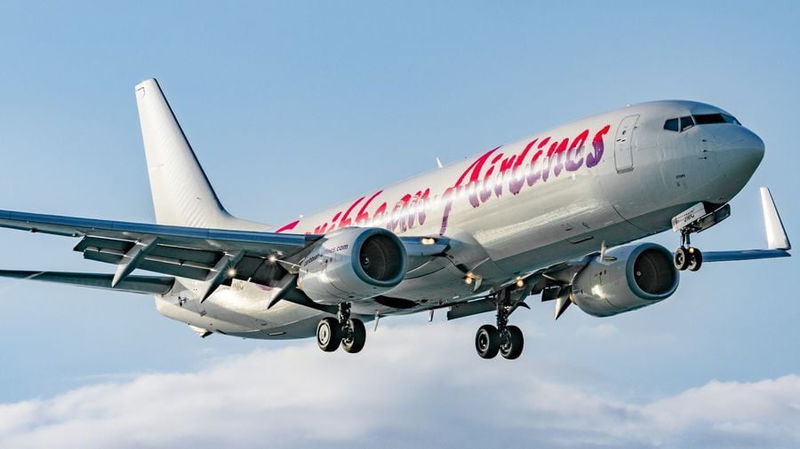Caribbean Airlines Posts $25.7 Million Q1 Loss, 450 Workers At Risk Of Losing Their Jobs

Featured image: Bradley Wint/Gate Checked
On the heels of borders being re-opened in Trinidad and Tobago, Caribbean Airlines has posted its unaudited Q1 financial results, recording a loss of US $25.7 million/TT $172.7 million. The latest figures represent a 75% decline compared to the same financial period in 2020.
In 2020, the airline saw an operating loss of US $109.2 million as a result of border closures due to the COVID-19 pandemic, seeing passenger numbers dip below 10%. Trinidad and Tobago’s borders were closed in March 2020, which forced the airline to find new ways of maintaining revenue streams and cutting costs.
Despite this, the airline continued to offer services on many of its routes and provided invaluable repatriation flights for Caribbean citizens. Given the financial impact of the pandemic, Caribbean Airlines proactively reduced costs, and Q1 2021 expenses are down 52% compared to the same period in 2020. Further, the airline was kept afloat through a government guaranteed loan and a cash injection by the Government of Trinidad and Tobago totaling US$100 million.
Over time, Caribbean Airlines re-launched some of its operations, opening a temporary hub in Barbados to operate regional flights throughout the Caribbean. They also re-added select routes to the United States from Barbados, Jamaica and Guyana. They also invested more in cargo operations, hoping to earn money elsewhere while keeping some of its fleet and crew members active in the process.
Unfortunately these new measures have not proven to be significant enough to keep the airline out of the red.
The announcement that the borders of Trinidad and Tobago may soon reopen is welcome news, but all forecasts suggest that the recommencement of travel will not be in the same volumes as they were pre-COVID. Therefore, until air travel regains its pre-COVID momentum the airline will need to adjust its operations to cater for a reduced scale of demand after the opening of the borders. Put simply, passenger demand in the short to medium term is not going to recover sufficiently to support the existing company structure after the reopening of the borders.
As a consequence, Caribbean Airlines is required to take further steps to ensure it has a sustainable business model for 2021 and beyond. These steps include major cost reductions in all areas of the airline’s operations, specifically its human resource complement, its fleet and other assets, and its route network.
From a fleet perspective, The airline returned 2 Boeing 737-800s to its respective lessors, with 2 addition 737s expected to leave the fleet later this year. Interestingly enough, the airline is still expected to take delivery of at least 4 Boeing 737 MAX 8 aircraft by the end of 2021, two of which are already in the testing stages. Caribbean will also make adjustments to its route network, most likely reducing or cutting service entirely to destinations that are less profitable.
The airline also expects to send home as much as 450 of its employees (25% of its workforce) based on its new short to medium term predictions and strategies.
In terms of employees, the airline has determined that 25% of its workforce or about 450 positions throughout its network is surplus to its current needs. The Company will embark on consultation with the employees and other stakeholders, with respect to treating with this surplus labour situation.
While the release spoke about identifying excess worker capacity, a further press update confirms that affected employees will be retrenched on the basis of surplus labour.
For now, current passenger and cargo operations are expected to remain as is.



